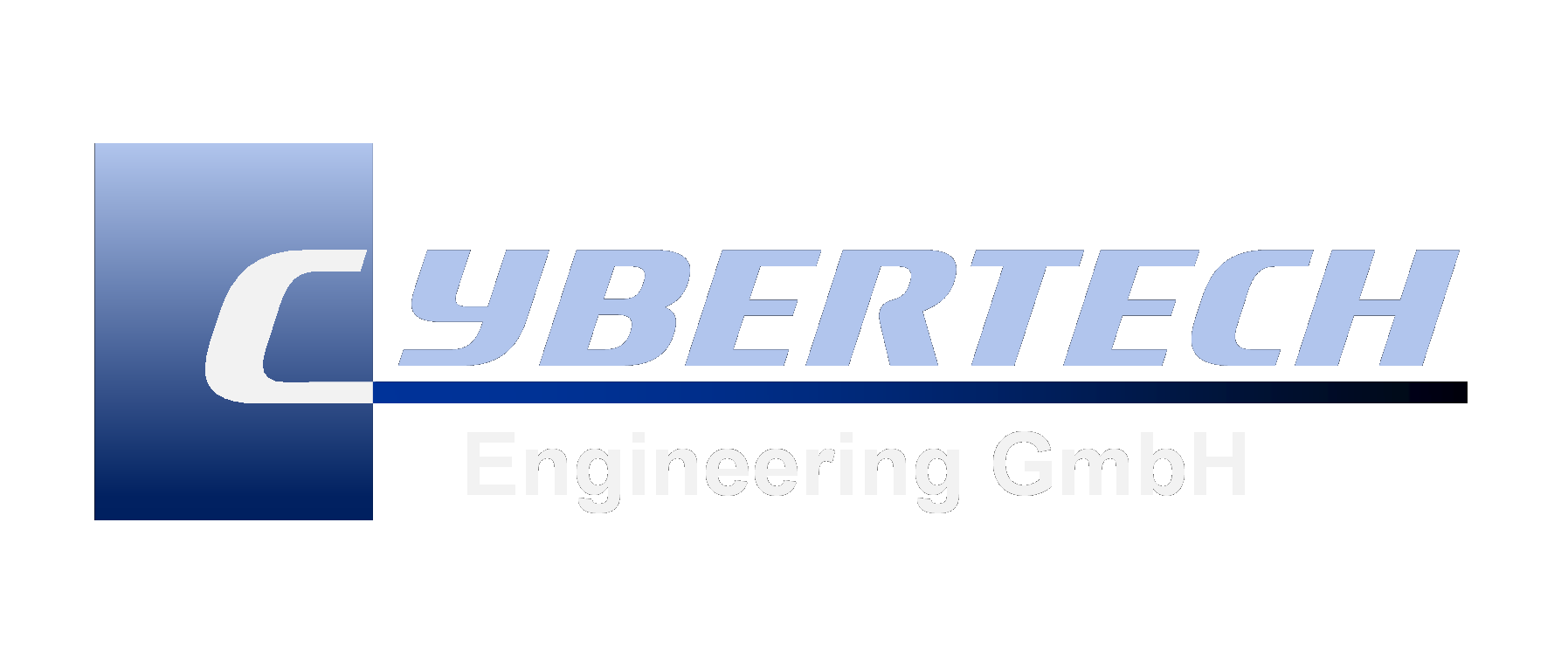Abstract
Digitization is progressing in all areas of daily life. Likewise, the artificial intelligence is attributed a high priority. We argue that many current concepts of AI are overestimated, and their applications are insufficient for the everyday lives of people work. Further, we argue that holistic and human-centered systems will become more important so that machines and people can work together better. Our work focuses on the modeling and implementation of man-machine conversation and related learning between man and machine by sharing knowledge.
An important pillar of our research is the system model URANOS, a holistic approach to describe systems such as humans and machines as well as their interactions. Based on this model, a first prototype of an adaptive and teachable software kernel will be created, the Human-Operation System HumanOS. Through this kernel, machines can enter into conversation with humans, that is, exchanging knowledge. This will result in an adaptive learning organization, based on a common understanding of collaboration and goals. An important goal of our research is to understand the common learning based on the theory of conversation (G. Pask, 1975) and the generic system model URANOS, and to generate concrete use cases. We want to show that man machine joint learning is much more sustainable than current AI approaches.




